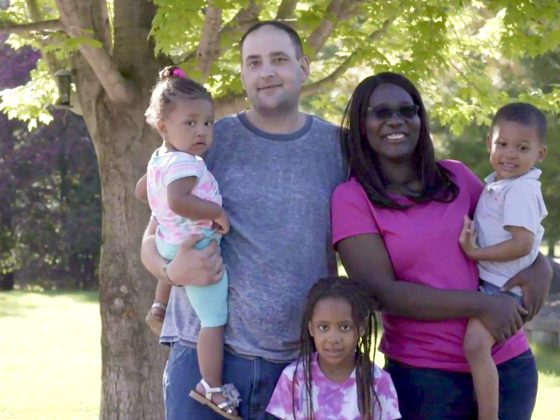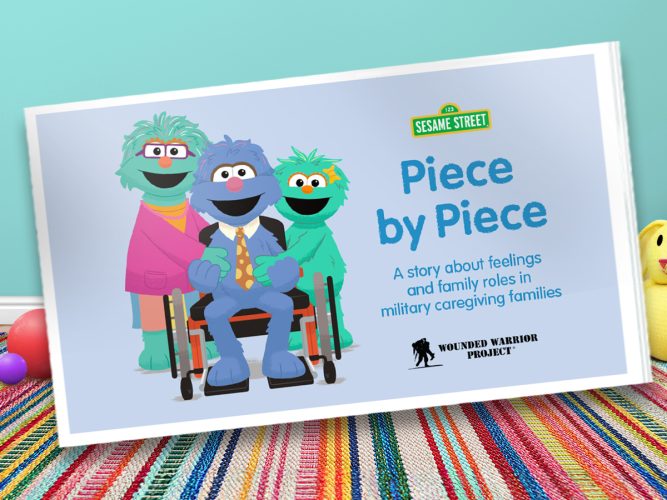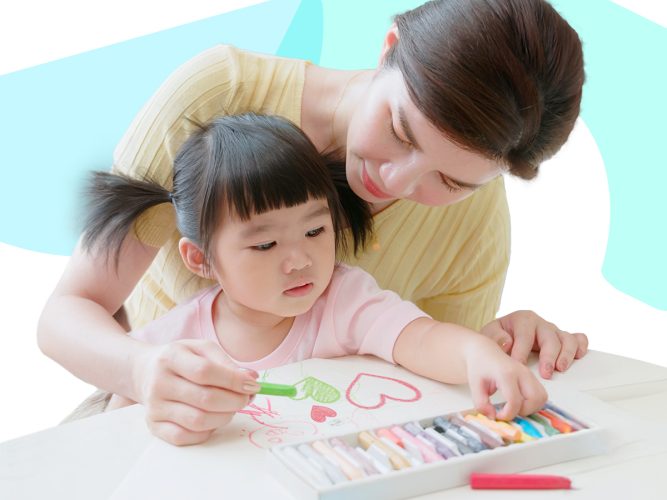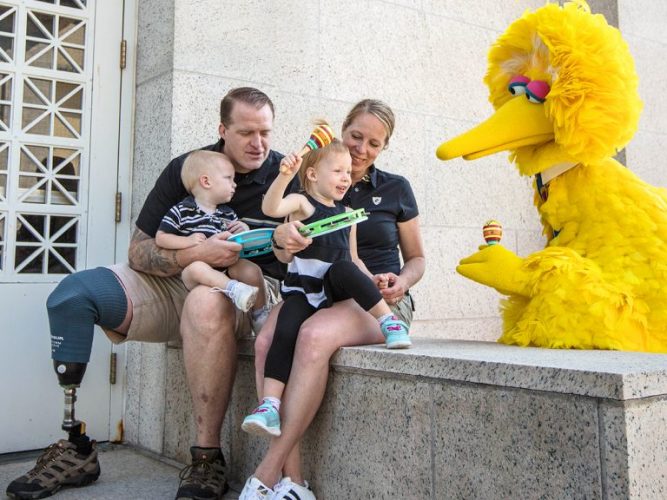
Care for the Caregivers
Caregivers need support and self care to become a source of strength for their families.
Taking care of an injured loved one can feel intense. It helps for caregivers to take time for themselves to recharge. When you embrace a circle of care, you can find stability and be stronger for your family.
Caregiving brings up big feelings. The intensity of caring for an injured loved one can leave caregivers feeling angry, lonely, or burnt out. But when you make time to take care of yourself, you can replenish your strength for taking care of your family.
It’s okay to take a break. Working through tough feelings helps caregivers begin to seek the relief and support they need. Setting aside any guilt for taking time to herself, Triza goes for walks or drives, talks to her mother for reassurance, and practices meditation and deep breathing.
Circle of care. Caregiving families find balance when they push each other toward self-growth and reach out to loved ones for support. Keeping to routines and honoring the unique needs of the injured parent gives families a sense of stability. Lending a listening ear to others, as Triza does through mentoring, grows the circle of care.

You’ve Done It Before, You’ll Do It Again

Bravery Badges
Sometimes we all need a reminder that we're courageous.

Practice I Notice, I Feel, I Can
Try this three-step plan to help the whole family manage feelings big and small.

Taking Care of Us: A Guide to Help Military Caregiving Families Grow in Emotional Well-Being
A guide with information and activities to help military caregiving families learn about and grow in emotional well-being together.

Piece by Piece
A storybook, featuring Rosita and her family, about the special strength of military caregiving families.

Compassion in Daily Moments
Simple ideas to help adults and children practice self-compassion in daily life.

Supporting Caregiving Families
A guide to help providers support military and veteran caregiving families.
